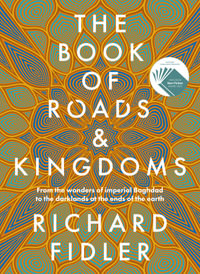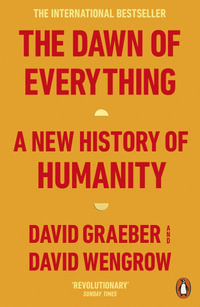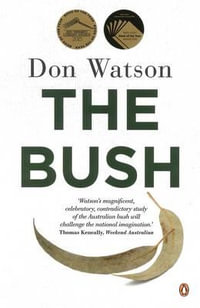In this title, professor Murphy provides a narrative history of how and why Australia built a distinctive welfare regime, in the period from the late-nineteenth to the mid-twentieth centuries. It places the development of a welfare state in the 1940s in the context of what had gone before, particularly by showing that choices made in earlier decades constrained and still constrain what could then, and can now be imagined. It is about the prehistory of a welfare system, exploring how Australia went from being a social laboratory at the start of the twentieth century to a 'welfare laggard' by mid-century. As such the study not only provides the historical context, but also shows how contemporary debates can often be illuminated and informed by the past. In particular it underlines how many of the moral values and policy choices of the past are still with us, for example in public debates about 'dependency' and in a continuing commitment to residual, targeted welfare. Vividly written, the book includes biographical vignettes of key figures.
Based on extensive new research from a variety of primary sources it makes a significant contribution to general historical debate, as well as to the field of comparative social policy. The latter is of significant international interest, given that the Australasian model is still seen as having some unique features (in particular wage arbitration). By sketching a narrative up to and including the welfare state of the 1940s, the book highlights the halting way in which Australia's distinctive welfare regime was built, how key individuals and events were influential in its successes and failures and how its dilemmas are with us today.
Industry Reviews
'What could have been a book solely for a narrow audience of specialist historians and policy wonks, actually makes for engaging reading for anyone with an interest in the development of the Australian nation.' Australian Policy Online 'It is to be hoped that A Decent Provision makes its way speedily into teaching and research, and indeed policy-making.' EH.NET 'This is an excellent narrative history of the development and implementation of Australian welfare policy from the late-nineteenth to the mid-twentieth century... This will be a valuable resource for students and scholars of Australian social policy as well as others interested in transnational developments during the period.' Australian Journal of Politics and History 'This book succeeds admirably as a work of synthesis that also draws importantly on primary documentation to tell a story of Australian experience to a wider world audience.' Australian Historical Studies 'For non-Australian readers, in particular, the second significant benefit of this excellent investigation of Australian welfare policy during the colonial period and the first half-century after Federation is the comparative perspective it affords.' Labour History Review '... Murphy has made a welcome contribution to the literature on the welfare state. He reveals the importance of Australia's unique experience with social policy and provides a meaningful case-study of more wide-ranging trends within welfare legislation and practices.' English Historical Review 'This is an impressive book. It is both an excellent history of the Australian welfare system and an insightful reflection on the relation between that history and the welfare system today. It is a book that you recognize has been written by an expert in the field - presenting its description of the main contours of history and bringing out its main themes with a clarity that can only come from detailed research and extensive thinking.' Enterprise and Society '... extreme
























